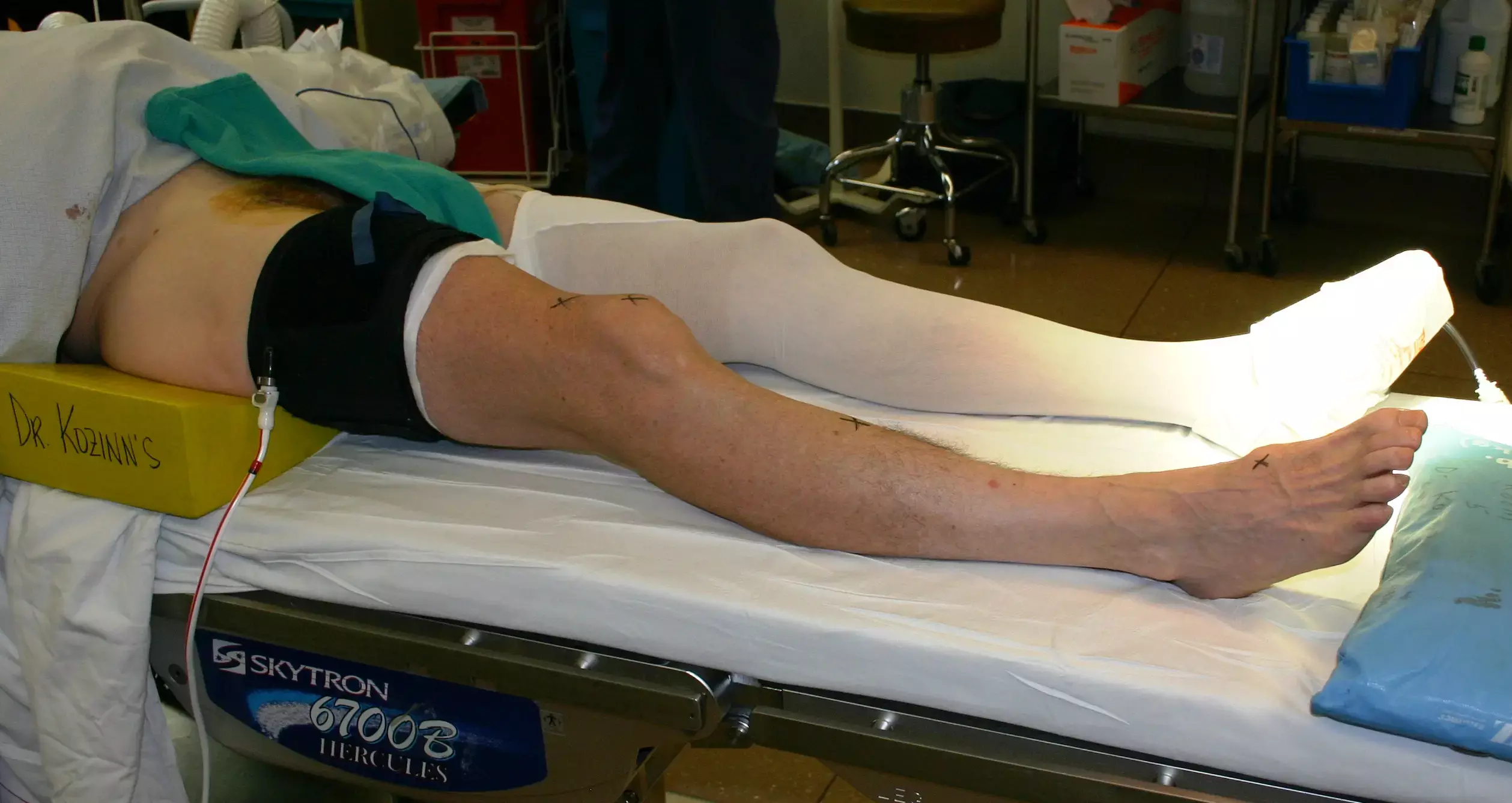- Home
- Medical news & Guidelines
- Anesthesiology
- Cardiology and CTVS
- Critical Care
- Dentistry
- Dermatology
- Diabetes and Endocrinology
- ENT
- Gastroenterology
- Medicine
- Nephrology
- Neurology
- Obstretics-Gynaecology
- Oncology
- Ophthalmology
- Orthopaedics
- Pediatrics-Neonatology
- Psychiatry
- Pulmonology
- Radiology
- Surgery
- Urology
- Laboratory Medicine
- Diet
- Nursing
- Paramedical
- Physiotherapy
- Health news
- Fact Check
- Bone Health Fact Check
- Brain Health Fact Check
- Cancer Related Fact Check
- Child Care Fact Check
- Dental and oral health fact check
- Diabetes and metabolic health fact check
- Diet and Nutrition Fact Check
- Eye and ENT Care Fact Check
- Fitness fact check
- Gut health fact check
- Heart health fact check
- Kidney health fact check
- Medical education fact check
- Men's health fact check
- Respiratory fact check
- Skin and hair care fact check
- Vaccine and Immunization fact check
- Women's health fact check
- AYUSH
- State News
- Andaman and Nicobar Islands
- Andhra Pradesh
- Arunachal Pradesh
- Assam
- Bihar
- Chandigarh
- Chattisgarh
- Dadra and Nagar Haveli
- Daman and Diu
- Delhi
- Goa
- Gujarat
- Haryana
- Himachal Pradesh
- Jammu & Kashmir
- Jharkhand
- Karnataka
- Kerala
- Ladakh
- Lakshadweep
- Madhya Pradesh
- Maharashtra
- Manipur
- Meghalaya
- Mizoram
- Nagaland
- Odisha
- Puducherry
- Punjab
- Rajasthan
- Sikkim
- Tamil Nadu
- Telangana
- Tripura
- Uttar Pradesh
- Uttrakhand
- West Bengal
- Medical Education
- Industry
Prolonged tourniquet not the right choice in total knee arthroplasty: Study

Total Knee Arthroplasty (TKA) is frequently undertaken with the aid of a tourniquet around the thigh. Over 90% of surgeons in the UK, USA, and Europe routinely use tourniquets for TKA. However, a recent study suggests prolonged tourniquet use in total knee arthroplasty surgery increases the risk of SAEs, pain, and a marginally longer hospital stay. The study findings were published in The Bone & Joint Journal on March 08, 2021.
The majority of knee arthroplasty components are cemented in situ to hold and stabilize them in the correct position on the bone. Some surgeons believe that using a tourniquet helps reduce bleeding and allows the cement to bond more effectively. Better cementing should reduce the chance of the knee arthroplasty loosening and fail, but there is no objective clinical evidence to support this. There is a need to understand whether tourniquets are safe and if they benefit or harm patients. Therefore, researchers of the University of Warwick, Coventry, UK, conducted a study to determine the benefits and harms of tourniquet use in TKA surgery.
It was a systematic review and meta-analysis in which researchers MEDLINE, EMBASE, Cochrane Central Register of Controlled Trials, and trial registries up to March 26, 2020. They included 41 randomized controlled trials (RCTs) with 2,819 participants, comparing TKA with a tourniquet versus without a tourniquet. The major outcomes assessed were pain, function, serious adverse events (SAEs), blood loss, implant stability, duration of surgery, and length of hospital stay.
Key findings of the study were:
- Upon analysis, they found that SAEs were significantly more common in the tourniquet group than in the non-tourniquet group. (53/901 vs 26/898, tourniquet vs no tourniquet respectively) (risk ratio of 1.73).
- They also found 1.25 points higher mean pain score on the first postoperative day in the tourniquet group.
- However, they noted that the overall blood loss did not differ between groups (mean difference 8.61 ml).
- They found that the group that had surgery with a tourniquet had a 0.34 days longer hospital stay but spent a shorter time in the operation theatre of 3.7 minutes.
The authors concluded, "TKA with a tourniquet is associated with an increased risk of SAEs, pain, and a marginally longer hospital stay. The only finding in favour of tourniquet use was a shorter time in theatre. The results make it difficult to justify the routine use of a tourniquet in TKA surgery.
For further information:
DOI: https://doi.org/10.1302/0301-620X.103B.BJJ-2020-1926.R1
Medical Dialogues Bureau consists of a team of passionate medical/scientific writers, led by doctors and healthcare researchers. Our team efforts to bring you updated and timely news about the important happenings of the medical and healthcare sector. Our editorial team can be reached at editorial@medicaldialogues.in.
Dr Kamal Kant Kohli-MBBS, DTCD- a chest specialist with more than 30 years of practice and a flair for writing clinical articles, Dr Kamal Kant Kohli joined Medical Dialogues as a Chief Editor of Medical News. Besides writing articles, as an editor, he proofreads and verifies all the medical content published on Medical Dialogues including those coming from journals, studies,medical conferences,guidelines etc. Email: drkohli@medicaldialogues.in. Contact no. 011-43720751


